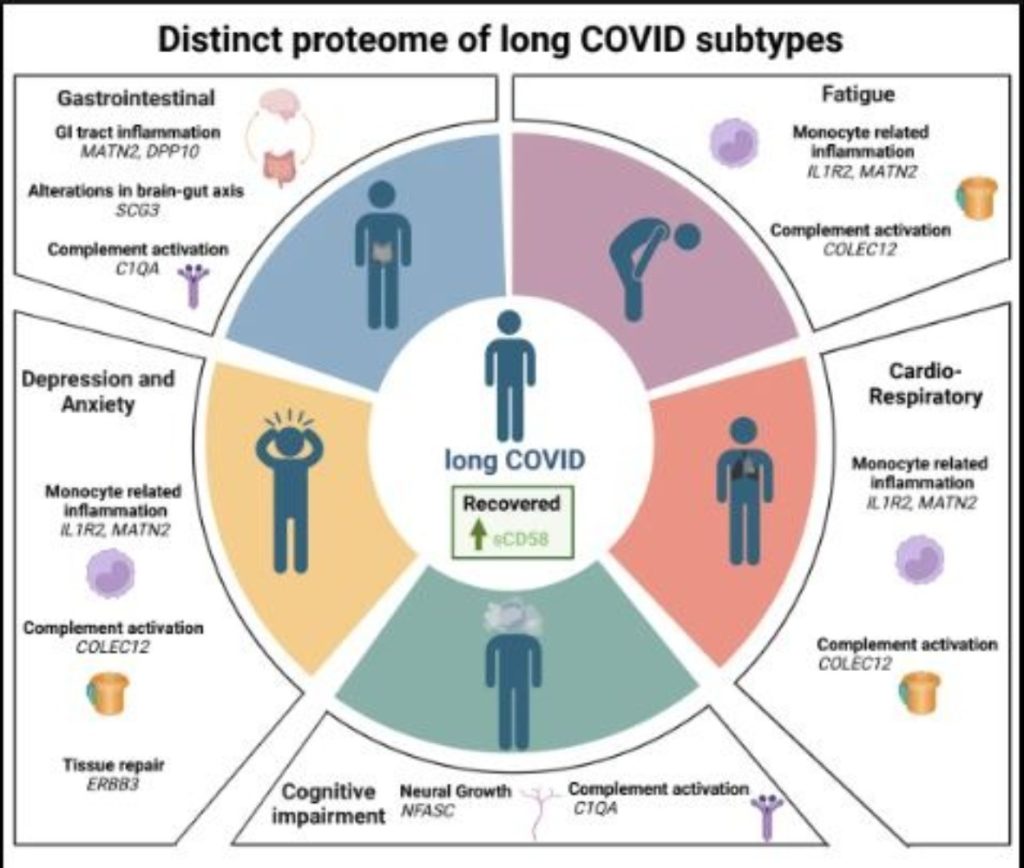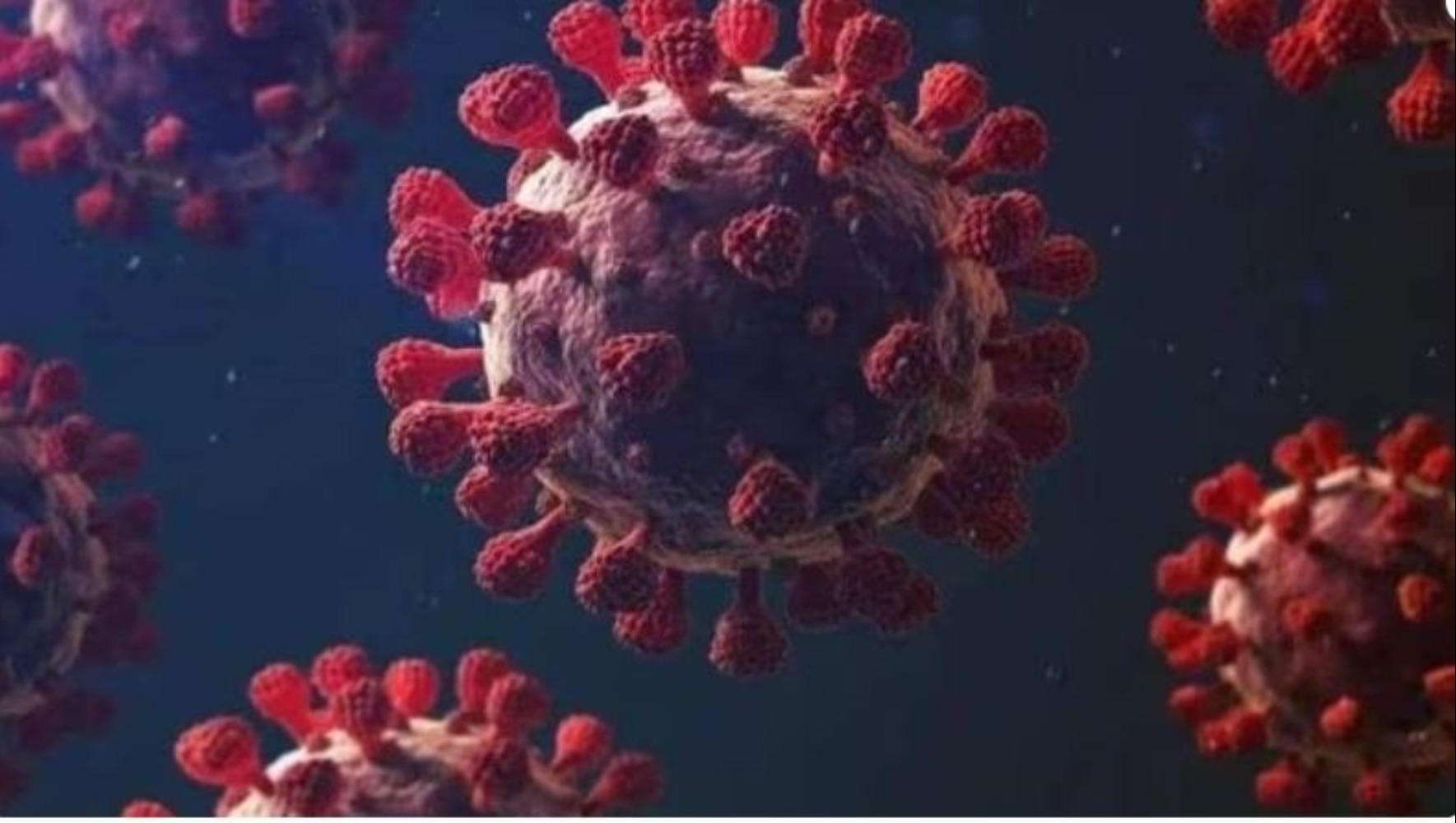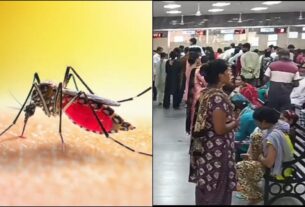The presence of pre-existing psychological or neurological conditions, such as depression, did not impact cognitive symptoms in long COVID patients.

COVID-19, caused by the SARS-CoV-2 virus, is a respiratory infectious disease. While most patients recover after treatment, there is growing evidence that COVID-19 may result in cognitive impairment. A key common deficit in people with long Covid might be generalised to cognitive slowing, according to a research. To subscribe please click tau.id/2iy6f and access our live channel.
ALSO READ: AI-based test to detect Ovarian cancer early
Introduction
Recent studies reveal that some individuals experience cognitive deficits, such as diminished memory and attention, as well as sleep disturbances, suggesting that COVID-19 could have long-term effects on cognitive function.
Additionally, studies have identified active neuroinflammation, mitochondrial dysfunction, and microglial activation in COVID-19 patients, implying that these factors may be potential mechanisms leading to cognitive impairment.
What is long COVID?
Since the emergence, over 770 million individuals throughout the world have been infected, almost seven million of whom have succumbed to the disease. Between 30-60% of COVID-19 survivors have reported experiencing persistent symptoms for weeks to months after recovering from SARS-CoV-2 infection, a condition that is now commonly referred to as ‘long COVID.’
The World Health Organization (WHO) and United States Centers for Disease Control and Prevention (CDC) have defined long COVID as prior COVID-19 symptoms that persist or re-emerge within three months of infection recovery or the development of new symptoms that last for at least two months.
What is the Study
The study “identified pronounced cognitive slowing in patients with PCC, which distinguished them from age-matched healthy individuals who previously had symptomatic Covid-19 but did not manifest PCC”, said researchers from the University of Oxford.
To examine cognitive slowing, patients with PCC completed two short web-based cognitive tasks, Simple Reaction Time (SRT) and Number Vigilance Test (NVT).
About 270 patients diagnosed with PCC at two different clinics in the UK and Germany were compared to two control groups — individuals who contracted Covid-19 before but did not experience PCC after recovery (No-PCC group) and uninfected individuals (No-Covid group).
The results, published in major science journal, showed cognitive slowing was evident even on a 30-sec task measuring SRT, with patients with PCC responding to stimuli about 3 standard deviations slower than healthy controls.
About 54 per cent of patients with PCC’s response speed was slower than 2 standard deviations from the control mean, indicating a high prevalence of cognitive slowing in PCC. Furthermore, cognitive slowing on the SRT was highly correlated with the poor performance of patients.
Conclusion
The current study reports significant cognitive slowing in 53% of long COVID patients that does not appear to improve over time. Rather, persistent cognitive slowing in long COVID patients was found to increase the severity of this neurological symptom in these patients.




